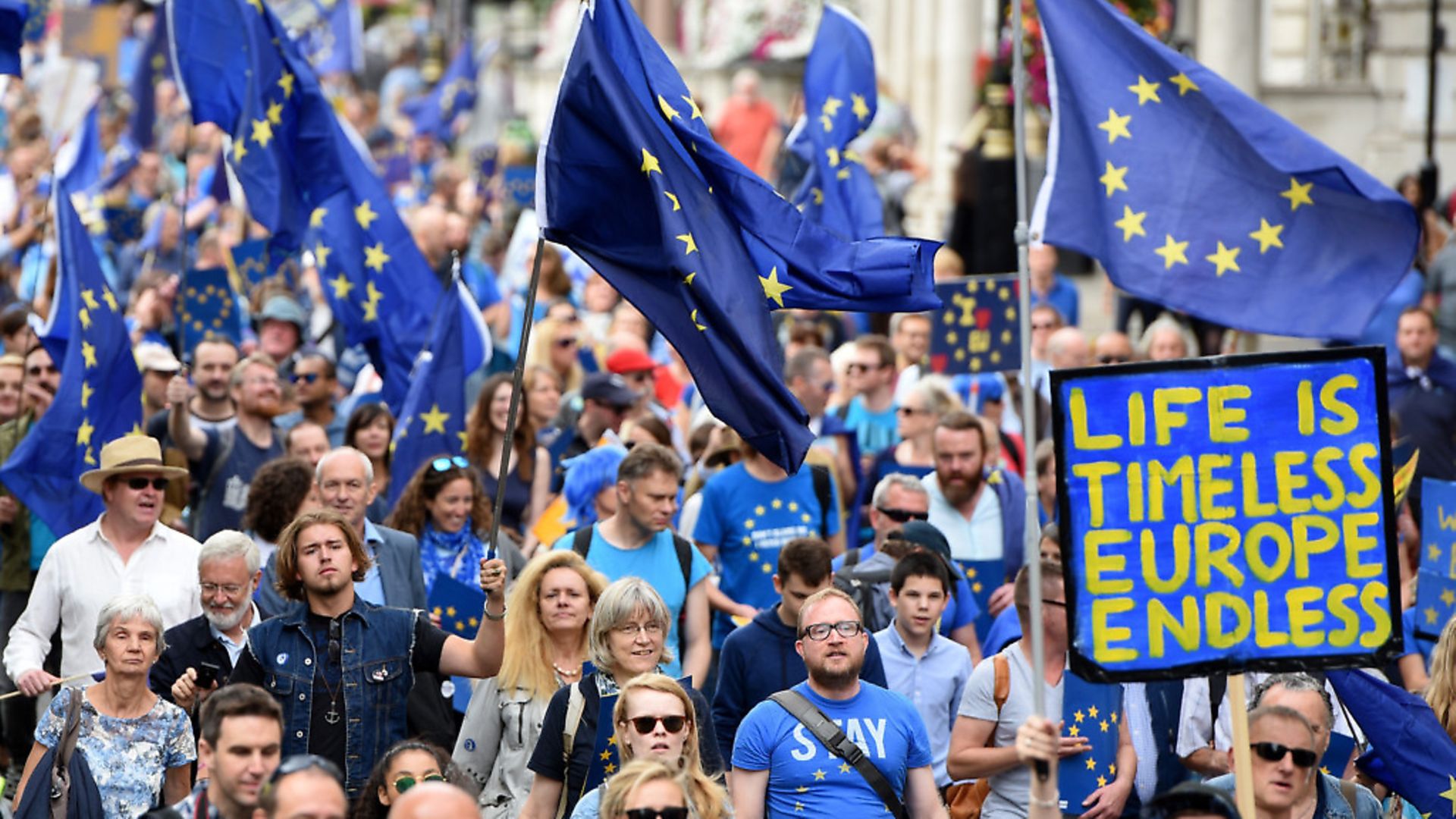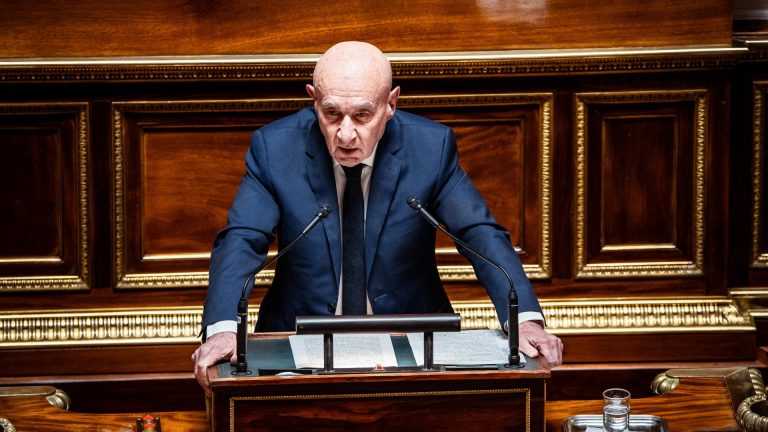
Peter Starkings unveils a plan to ensure the most left-behind areas of the UK get the most from the contribution of immigrants.
The next time Britain votes on Europe, Remainers are going to need a better offer. We all know that, and we also know that Remainers are not going to be able to hide from the debate on immigration.
The good news is that the facts are clear. Immigration has been good for the UK. European migrants contribute £4.7 billion a year to the UK public finances, and keep our NHS and care sector on their feet. Our country is ageing and without continued immigration there will be fewer of us paying in to support older people and children, meaning deeper cuts or higher taxes for the rest of us.
The bad news is that smashing people over the head with net contribution figures hasn’t exactly been a winning strategy. We need a new approach.
That has to start with a clear-eyed understanding of why some people thought voting Leave in 2016 was the best way to change a system that isn’t working for them.
To many people, Britain feels like a two-speed nation. In one lane, parts of our country are thriving under globalisation. In the other, a second Britain in some of our towns and small cities is characterised by ageing communities, quiet high streets, and poor health outcomes. These communities don’t just suffer from high levels of deprivation but high community need too – that means poor public spaces, low investment and crucially, dreadful connectivity.
There is no question that all of our big cities are home to real poverty, but they are far more likely to offer the opportunity to get on and, if necessary, get out. According to the government’s Social Mobility Commission, two thirds of our social mobility ‘hotspots’ are in London, while ‘coldspots’ are concentrated in industrial towns and coastal communities. Poor transport links isolate some of these places, and low university entry and inadequate skills training leave few opportunities for the young.
That inequality has helped build a deep divide in public attitudes, particularly stark when it comes to immigration and most easily understood in the context of that Brexit referendum. Urban centres voted Remain, whilst towns and coastal areas tended to vote Leave, often motivated by opposition to immigration.
But the problems that contribute to a two-speed Britain are not caused by immigration, and in many cases a drastic cut will make things much worse. The problems we face weren’t caused by foreign nationals, foreign governments or the EU. The causes lie within the UK, and so do the solutions.
So Remainers should take that discontent seriously and produce a plan for real reform if they are going to change minds. At the think tank Global Future we believe the ‘migration dividend fund’ could be central to that agenda – and our proposals are backed by the public, including two thirds of Leavers and 70% of Remainers.
Here’s how it would work. Instead of just talking about the benefits of immigration, let’s make them concrete with a high profile policy that backs communities with serious investment. We should use the £4.5bn the Treasury gets from European immigration every year – the migration dividend – to invest in the towns and small cities at the sharp end of globalisation.
That means serious, long term support – £120 million each to around 400 wards over ten years – directed by local people onto priorities that matter to them. We could pay for it by reversing the plan to cut corporation tax even further below the European average and still have change to spare.
That investment could be transformational for working class communities across the country, improving skills, ensuring access to opportunity, regenerating public spaces and creating better transport links.
At a stroke the plan would tackle the real problems of two-speed Britain while simultaneously sharing the benefits of immigration in a meaningful way.
Fundamentally, Britain needs to change. But Remainers don’t have to abandon their principles to win the next public vote, and they don’t have to choose between standing up for immigration or supporting working class communities.
A positive vision for Remain has to start with a plan to address the reason that working class communities voted to leave the EU. No part of Britain should feel let down and cut off, that so many do is a sure sign that something has gone wrong and has to change.
So that’s what Remainers should offer – not the false promises that won the last referendum but a serious plan for real reform. The migration dividend fund is a good place to start.
Peter Starkings is the director of Global Future.






